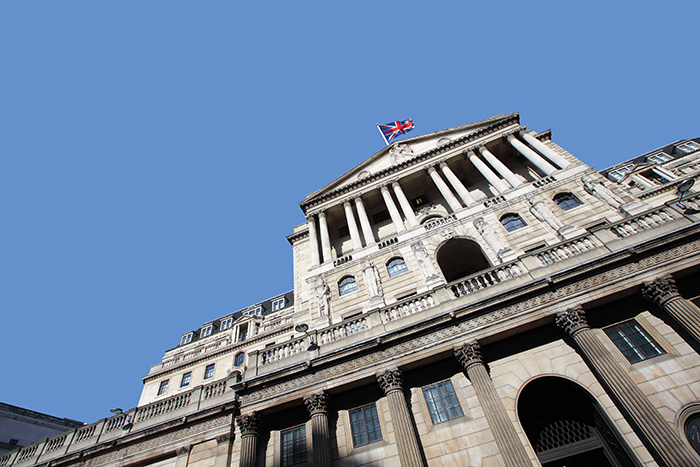
Bank of England governor Andrew Bailey said wage growth data is “not quite as much as we were expecting” despite it continuing to outpace inflation.
Pay growth, excluding bonuses, lifted by 5.9% in the three months to December on an annual basis, up from 5.6% in the previous three months.
Earnings growth for the private sector was 6.2%, while for the public sector it was 4.7%.
Unemployment was 4.4% for the three months ending December.
The central bank’s rate-setting Monetary Policy Committee has long said it wants to see wage rises under 5% before it can consistently lower the base rate, which was nevertheless cut by 0.25% to 4.5% last week.
“We spent a lot of time on the pay issue in the monetary policy report,” said Bailey at an event in Brussels organised by thinktank Bruegel.
“Pay growth went up, but not quite as much as we were expecting.”
“We’ve used the words gradual and careful. We’re not providing a steer,” on policy, the governor said. “We take it meeting by meeting.”
The data comes a day before inflation is forecast to rise to 2.9% from 2.5%, driven by higher energy costs and tariff threats from US President Donald Trump.
Economists say higher wage growth and rising inflation weaken the chances of a back-to-back rate cut at the rate-setter’s next meeting on 20 March.
However, this will have to be balanced against the support the central bank can give to a fragile economy.
National Institute of Economic and Social Research associate economist Monica George Michail said: “Persistent strong wage growth has been causing a headache to the Bank of England and will likely continue to do so in the next few months, leading the Monetary Policy Committee to exercise more caution with regards to interest rate cuts.”
EY ITEM Club chief economic advisor Matt Swannell added: “Today’s data illustrates the challenge facing the Monetary Policy Committee. Having weakened over the course of 2024, there were no clear signs that the prospects for the jobs market are improving.
“At the same time, pay growth is still too high to get inflation back to the 2% target, and firms will soon face the extra cost burden of higher employer National Insurance contributions.”
“Faced with this trade-off, we think the Monetary Policy Committee will continue to lower Bank rate gradually, with the next cut likely to come in May, and that the Bank of England will use this extra time to gauge just how sticky inflation will be.”
The City currently expects two more quarter-point cuts to Bank rate by the end of the year to 4%.



